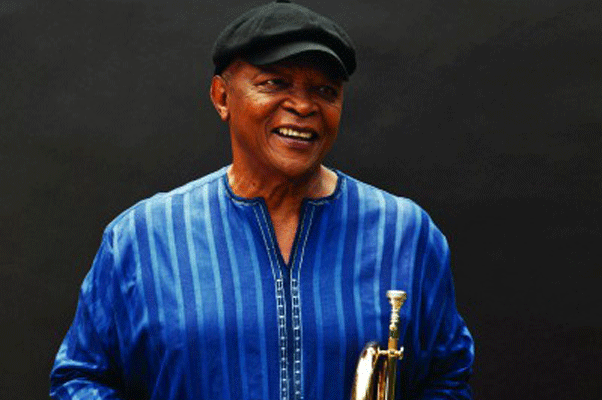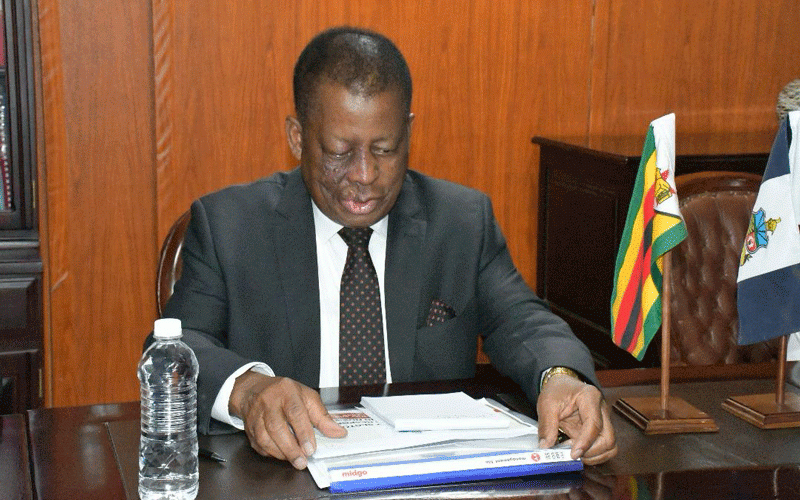
JOHANNESBURG — Legendary jazz musician and trumpeter Hugh Masekela is a true walking fountain of wisdom.

This was evident at our sit down in his Parkhurst, Johannesburg office last week, a few days before he stages his third Annual Heritage Festival at the Oval Cricket Stadium in Soweto.
He is vocal about Africanism and promoting heritage and believes the line-up will resonate with the revellers.
Masekela will share the stage with maskandi giant Phuzekhemisi, Ringo Madlingozi, GoodLuck and Moonchild.
“The integrated line-up will excite our people. I once brought Desmond and the Tutus, as well as Beatenburg and people sang along and knew the lyrics,” he said.
“I always look forward to festivals of this calibre, primarily due to their catalytic component in driving critical dialogue through a powerful medium such as music. My biggest obsession is to show Africans and the world who the people of Africa really are and it’s this idea that has always propelled me forward since I first began playing the trumpet.”
The veteran musician is annoyed by the fact there is a public holiday dedicated to celebrating heritage.
The outspoken grandfather, who was honoured with a Legend Award at last weekend’s MTV African Music Awards, says it will take years to sensitise people about the importance of their heritage. He credits all the confusion to colonialism and apartheid.
- Chamisa under fire over US$120K donation
- Mavhunga puts DeMbare into Chibuku quarterfinals
- Pension funds bet on Cabora Bassa oilfields
- Councils defy govt fire tender directive
Keep Reading
“We have to really work hard to bring back the elements of heritage into our lives because it is invisible at the moment. We cannot use one day for heritage celebrations just like we do with August 9 that we declared as national Women’s Day.
“I mean, women have been there even before us and they are here every day. It’s surprising, especially when you hear that a woman is raped every two minutes in South Africa. That is not our heritage.”
Masekela explains that the issue of heritage was serious because many children don’t value African languages. He points out that when they were growing up, traditional dance groups would perform freely in the townships every weekend.
With his Heritage Foundation he plans to restore the knowledge of South Africa’s past through extensive genealogy research of families. His plan is to get old people to work with youngsters by sharing their history.
“We need to have academies that will ensure that they preserve our culture, and trace our roots as Africans. We need a space where people can learn to sing and play indigenous music.”
Masekela also speaks about No Borders, his new album set to be released next week where he collaborated with talented young people. It’s called No Borders because he experimented with different sounds.
The man who has lost count of how many albums he has released, added a touch of the music from the slavery plantations.
He has collaborated with his old friend Oliver Mtukudzi in a song that talks about the devastating effects of HIV and Aids in Zimbabwe.
“In that song we have featured all the languages and it’s beautifully done. I have also revived an old folk song, Amanzi Awekho.”
Another interesting collaboration is a song with a Congolese influence which features Kabomo Vilakazi. He says the song is inspired by Papa Wemba.
He has also worked with singer Khanyo Maphumulo on a love song.











